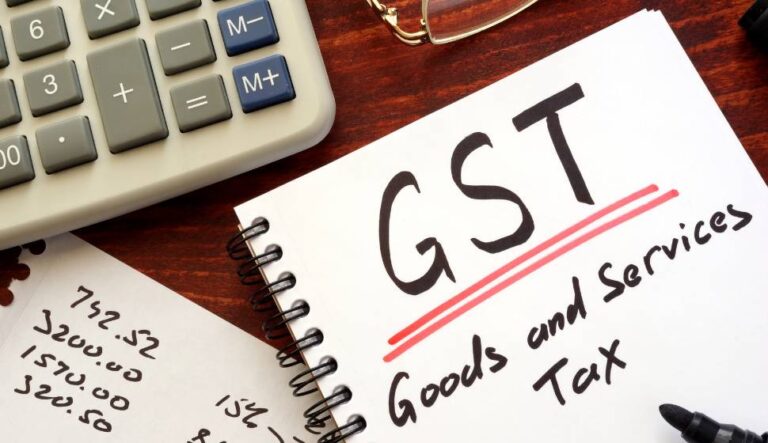Tax season can be a daunting time for businesses and individuals alike. While income tax is inevitable, there are ways to manage your tax burden more effectively throughout the year, and that’s where advance tax comes in.
What is Advance Tax?
Advance tax is a system of pre-paying your estimated annual income tax liability in installments throughout the financial year. Instead of waiting until the end of the year and potentially facing a large lump sum payment, advance tax allows you to spread out your tax payments and avoid the last-minute scramble.
Who Needs to Pay Advance Tax?
- Individuals and businesses whose estimated tax liability for the year exceeds Rs. 10,000 are required to pay advance tax.
- This includes individuals with income from sources other than salaried income, such as rental income, business income, capital gains, or professional fees.
Benefits of Paying Advance Tax:
- Reduces financial burden: Paying in installments helps avoid the stress of a large tax payment at the end of the year.
- Improves cash flow management: Predictable tax payments allow for better budgeting and financial planning.
- Avoids interest and penalties: Late payment of advance tax attracts interest and penalties, which can be significant.
- Promotes financial discipline: Regular tax payments encourage responsible financial management and awareness.
How to Calculate and Pay Advance Tax:
- Estimate your total taxable income for the year. This includes income from all sources.
- Calculate your tax liability by applying the applicable tax rates to your income.
- Pay the calculated tax in installments:
- 1st installment – 15% of the tax liability by June 15th
- 2nd installment – 45% of the tax liability by September 15th
- 3rd installment – 75% of the tax liability by December 31st
- 4th installment – Remaining tax liability by March 31st (following the financial year)





